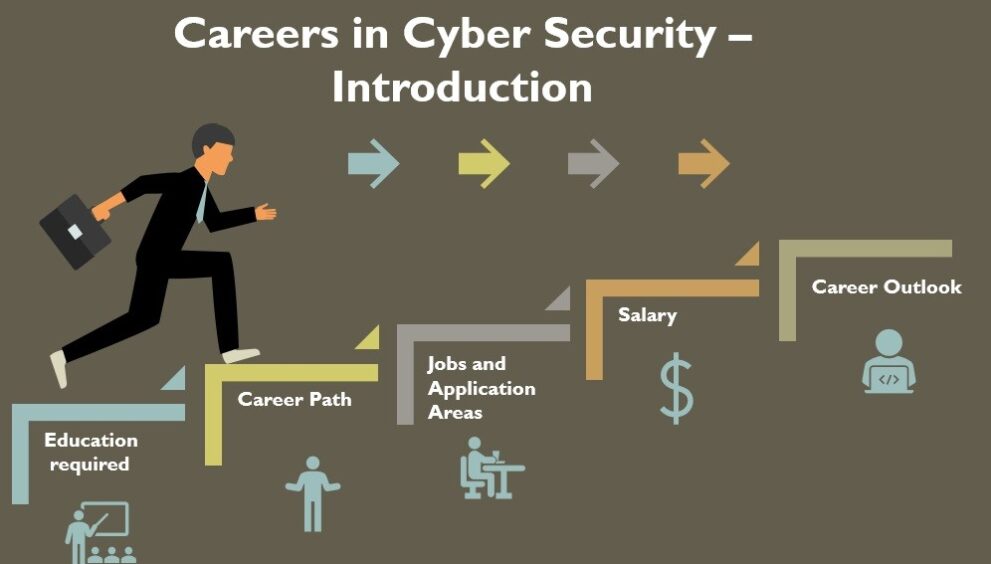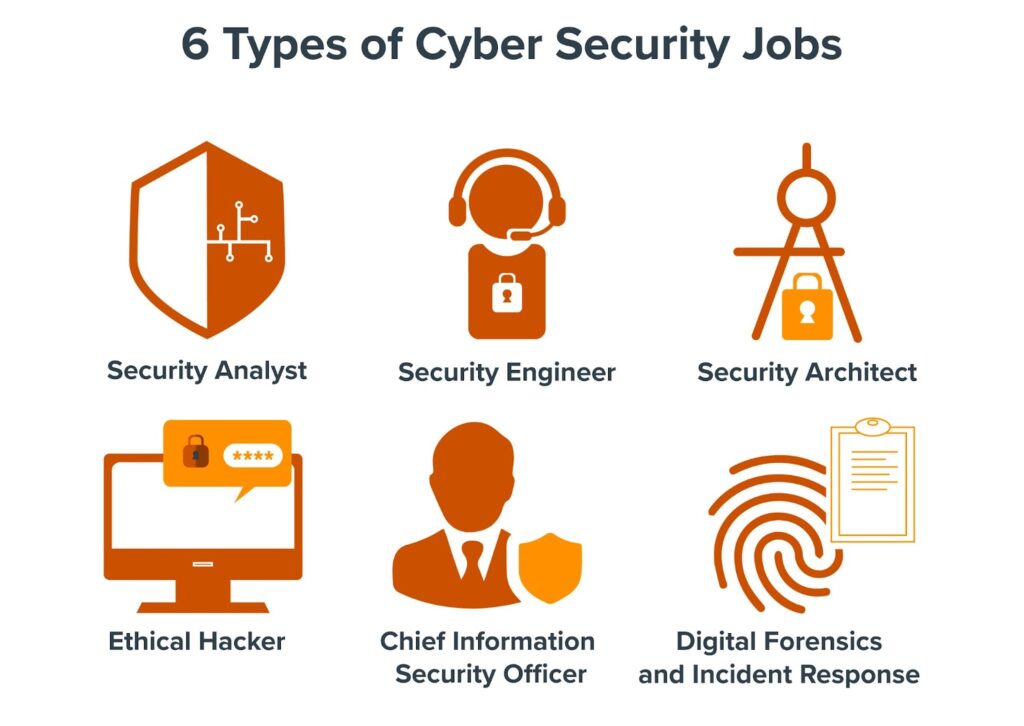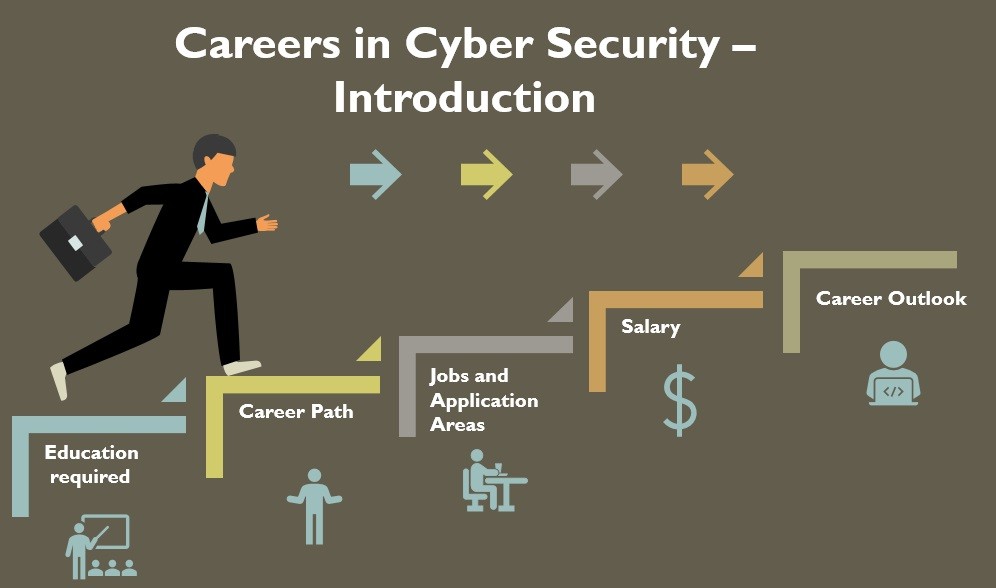How to Start a Career in Web Security

Introduction: Web security, also known as cybersecurity, is a critical field focused on protecting websites, networks, and online data from unauthorized access, attacks, and other security threats. As the digital world grows, so does the demand for skilled web security professionals. In this post, we’ll explore the steps you need to take to start a successful career in web security.
1. Understand the Basics of Web Security
Before diving into advanced security topics, it’s essential to have a strong foundation in web development and networking. Learning how websites are built, how data is transmitted over networks, and the common vulnerabilities are crucial first steps.
- Learn HTML, CSS, and JavaScript: These are the building blocks of the web. Understanding how websites are constructed will help you identify potential vulnerabilities.
- Understand Networking Basics: Learn about protocols like HTTP, HTTPS, TCP/IP, and DNS, as these are essential for web communication.
2. Familiarize Yourself with Common Web Security Threats
Some of the most common security threats that web professionals face include:
- SQL Injection: This is where attackers manipulate a website’s database by injecting malicious SQL queries.
- Cross-Site Scripting (XSS): Hackers exploit vulnerabilities in websites to inject malicious scripts.
- Phishing Attacks: Fake websites are used to trick users into providing sensitive information like passwords.
Learn how to identify and protect against these common threats. You can find many tutorials and guides that explain how they work and how to prevent them.
3. Start Learning Security Tools and Techniques
Once you’re familiar with the basics, it’s time to dive into practical tools and techniques. Many tools are available for testing and securing web applications.
- Penetration Testing Tools: Learn how to use tools like Burp Suite, OWASP ZAP, and Kali Linux for ethical hacking and vulnerability testing.
- Firewall and Intrusion Detection Systems (IDS): Familiarize yourself with firewalls and IDS tools like Snort to detect and prevent attacks.
4. Get Certified
Certifications are a great way to validate your skills and stand out in the job market. Some of the most recognized certifications in web security include:
- Certified Ethical Hacker (CEH)
- Certified Information Systems Security Professional (CISSP)
- CompTIA Security+
These certifications will help you gain credibility and showcase your skills to potential employers.
5. Stay Up-to-Date with the Latest Trends
The web security landscape is constantly evolving, with new threats and technologies emerging frequently. Follow industry blogs, attend conferences, and join web security communities to stay informed about the latest trends and best practices.
Conclusion: Web security is a rewarding field that requires continuous learning and adaptation. By mastering the basics, familiarizing yourself with security threats, learning key tools, and earning certifications, you’ll be well on your way to starting a successful career in web security.













































